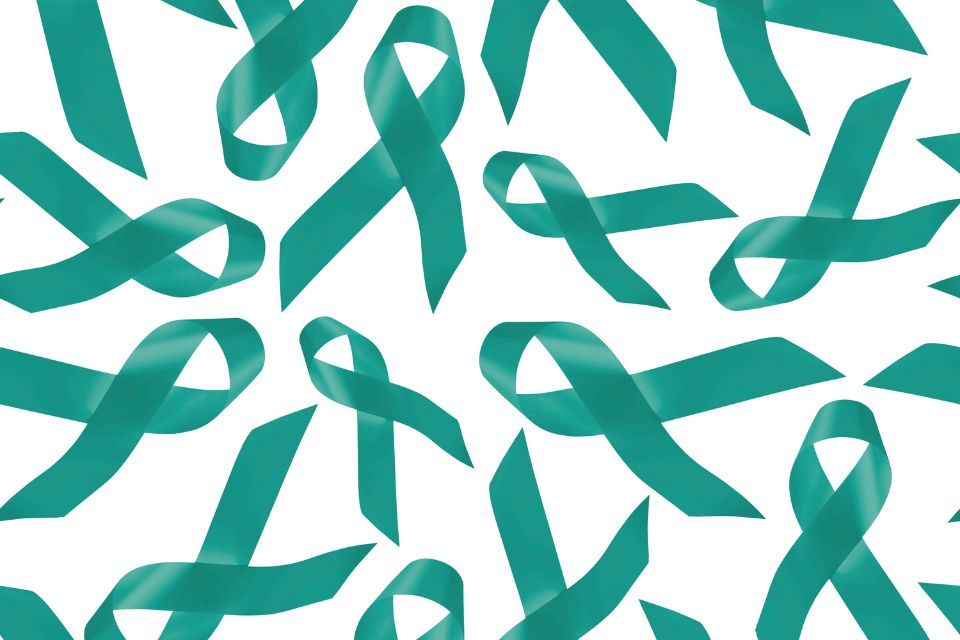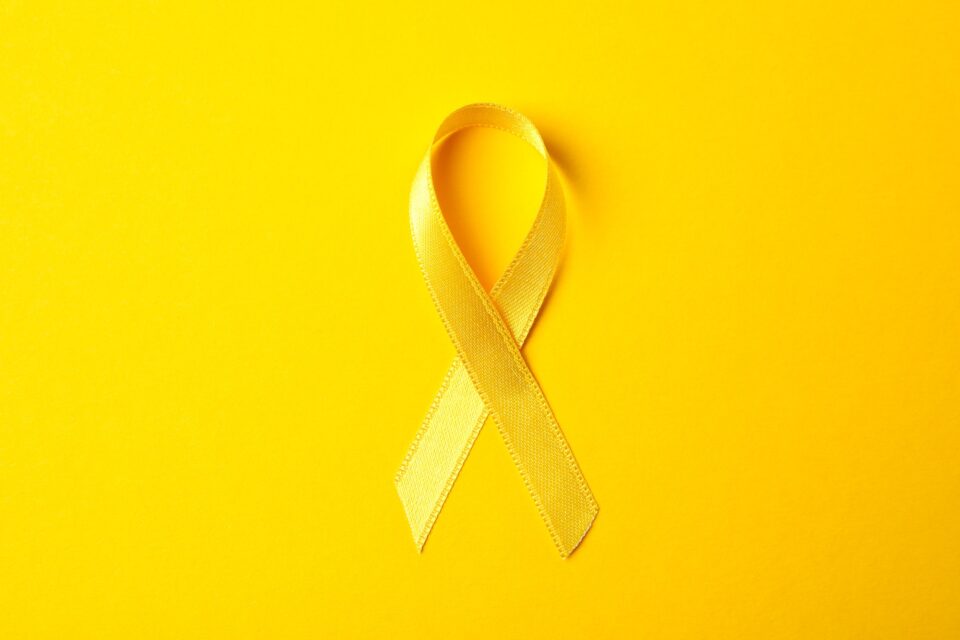Reviewed by Eugene Huang, M.D., Chief Medical Officer at Wheelhouse
The World Health Organization (WHO) reports that cervical cancer is the fourth most common cancer in women around the globe. Advances in screening and treatment have greatly improved so that this is curable when caught early and treated.
Since cervical cancer is curable when caught early, knowing how to prevent and detect cervical cancer is an important way to take care of your health.
What is cervical cancer?
The cervix is the lower part of the uterus that connects to the vagina. Cervical cancer occurs when cervical cells grow out of control, forming a tumor.
What are the early warning signs of cervical cancer?
Early-stage cervical cancer shows no signs or symptoms in the body. According to OncoLink, the following symptoms may appear when the tumor grows in size:
- Bleeding that is not normal, such as bleeding after sexual intercourse, in between periods, heavier/longer lasting menstrual bleeding, or bleeding after menopause.
- Vaginal discharge that is not normal (may smell bad).
- Pelvic or back pain.
- Pain with urination.
- Blood in the stool or urine.
- Pain during sex.
Is cervical cancer preventable?
Most cervical cancers are linked to the individual having human papillomavirus, commonly referred to as HPV. HPV is a sexually transmitted disease.
The HPV vaccine reduces the risk of developing cervical cancer. The vaccine must be administered before HPV exposure for effectiveness.
The ACS recommendations for the HPV Vaccine:
- HPV vaccination of children between the ages of 9 and 12.
- Children and young adults age 13 through 26 who have not been vaccinated, or who haven’t gotten all their doses, should get the vaccine as soon as possible. Vaccination of young adults will not prevent as many cancers as vaccination of children and teens.
- The ACS does not recommend HPV vaccination for persons older than 26 years.
Use a condom. This is not a guaranteed way of removing exposure to HPV and other sexually transmitted diseases, but they provide some protection.
Don’t smoke! Smoking can cause cancer just about anywhere in the body.
What screenings are available to help find cervical cancer early?
Two screenings are available to detect early signs of cervical cancer:
- Pap test: looks for changes in cervical cells that might lead to cancer
- HPV test: looks for HPV which can cause changes to the cervical cells
Neither of these tests confirms if an individual has cervical cancer. Following an abnormal or positive test, the provider will issue follow-up tests and the appropriate treatment, if necessary.
Who should get screened for cervical cancer?
People with a cervix at average risk for cervical cancer should follow these guidelines from the American Cancer Society,
“Those aged 25 to 65 should have a primary HPV test* every 5 years. If primary HPV testing is not available, screening may be done with either a co-test that combines an HPV test with a Papanicolaou (Pap) test every 5 years or a Pap test alone every 3 years.”
The recommendation from the American Cancer Society was formerly that screening should begin at age 21. However, this recommendation changed in 2020.
This decision came with the realization that an HPV infection can resolve itself in younger women on its own. Testing for cervical cancer earlier than 25 could bring unnecessary follow-up tests and treatment for the individual and lead to unwanted side effects (NCI).
Always talk to your primary care physician and/or gynecologist to know when and which screening is best for you. Do not be afraid to ask your doctor questions specific to your family history or your body. You are the best advocate for your health!
Will health insurance cover cervical cancer screening?
Most health insurance plans cover routine examinations and pre-screens for cancer. Always consult your plan specifics or contact your health insurance representative if you have questions so you can use your full benefits.
Medicare Part B covers Pap tests every 24 months in most cases. The HPV test is covered as part of a Pap test under certain conditions. Learn more here.
If you are underinsured, uninsured, or have low income, the CDC’s National Breast and Cervical Cancer Early Detection Program may be able to help you get a free or low-cost screening. Find screening help by state here.
What if I have an abnormal screening or if I’m diagnosed with cervical cancer?
Follow through with the additional tests your provider issues and stay the course through treatment. Having cancer is scary, but you can be in charge of your medical journey, and you shouldn’t have to walk this road alone.
Wheelhouse members should call 1-833-864-0911 or visit wheelhousecares.com/members to begin using their cancer benefits immediately. Whether it’s a cancer scare or a confirmed diagnosis, you have a compassionate team of experts ready to help with insurance benefits advocacy, cancer-specific mental & emotional health coaching, and cancer nurse navigation.
Not a Wheelhouse member? Here are some options:
- Explore the resources Wheelhouse offers cancer patients from diagnosis through survivorship on our website.
- Contact us at wheelhousecares.com/contact to see what’s available for you.
- Share with your employer’s HR team how Wheelhouse cancer benefits could impact your cancer journey. We work side-by-side with employers to offer these benefits, often making Wheelhouse support available at no additional cost for employees.







